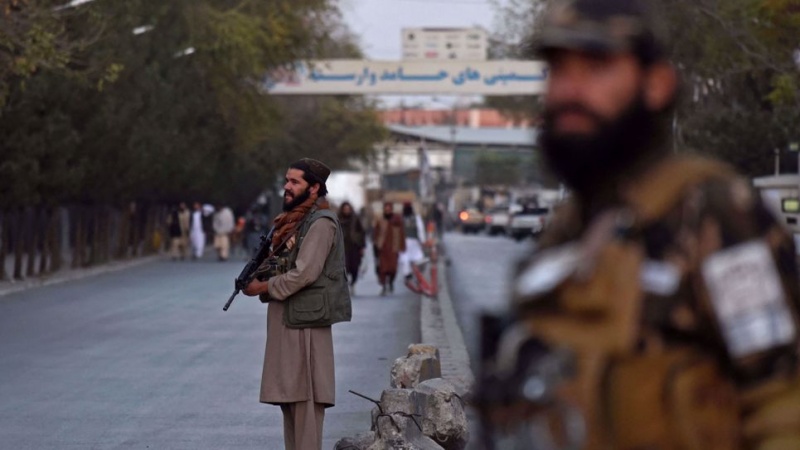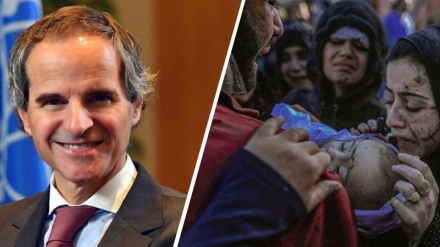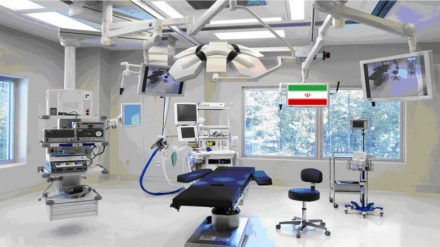UN official claims Daesh now seems to be present across Afghanistan
The United Nations' special envoy for Afghanistan has warned that members of the Takfiri Daesh terrorist group now seem to be present in all provinces of Afghanistan.
In a bleak assessment of the situation in Afghanistan during the past three months, Deborah Lyons told the UN Security Council on Wednesday that an offshoot of Daesh known as the Daesh-Khorasan, or ISKP, had grown and now appeared to be present in nearly all the 34 provinces of the country.
"Once limited to a few provinces and the capital, ISKP now seems to be present in nearly all provinces, and increasingly active," Lyons said, adding that the number of the group's attacks had increased from 60 in 2020 to 334 this year.
She said the Taliban had been unable to stem the ISKP's growth.
Lyons added that the Taliban's response to the expansion of ISKP "appears to rely heavily on extrajudicial detentions and killings" of suspected militants of this affiliate of Daesh, stressing, "This is an area deserving more attention from the international community."
Lyons' comments on Wednesday came after the Daesh offshoot claimed responsibility for two deadly explosions on Saturday in Dasht-e Barchi, a Kabul suburb dominated by members of the mostly Shia Muslim Hazara community, that killed at least one person and wounded six others.
The UN envoy further said that the UN mission regularly received credible reports of house searches and the "extrajudicial killings" of former security personnel and officials by the Taliban.
Afghanistan is facing what UN agencies have described as "one of the world's worst humanitarian disasters." Western countries have cut off their aid to the country since the Taliban laid siege to Kabul three months ago. Experts believe that with winter knocking on the heels, the crisis is expected to deteriorate.
Lyons once again warned of a humanitarian catastrophe as winter looms due to a failing economy and drought.
She urged the international community to secure ways to fund the salaries of healthcare workers, teachers and humanitarian workers, stressing that humanitarian aid is far from sufficient.
According to Lyons, Afghanistan's economic collapse would increase illicit drug, arms and human trafficking, and unregulated money exchanges that "can only help facilitate terrorism."
SS



